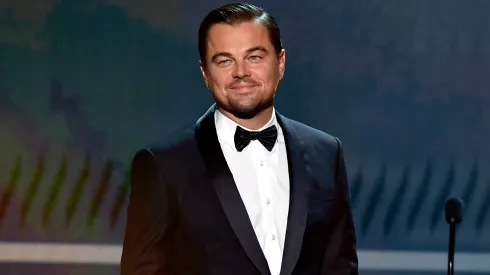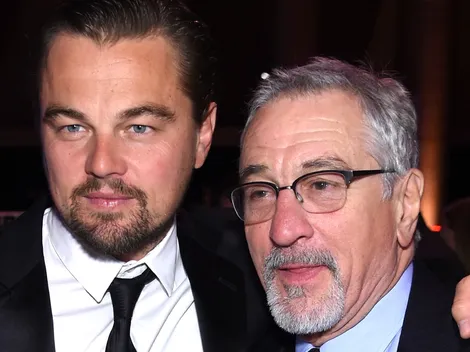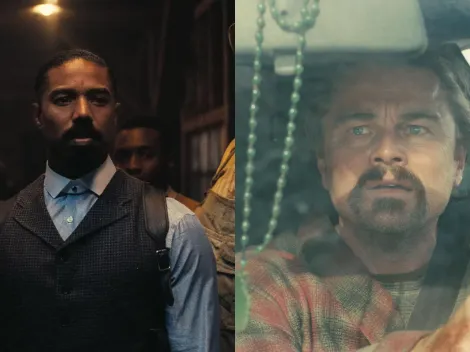Across three decades of shifting cinematic eras, Leonardo DiCaprio has built a dramatic legacy defined not just by awards but by an unmistakable commitment to roles that pushed him to exhaustion, reinvention and sometimes literal extremes.
His path winds through historical epics, psychological dramas and morally tangled portraits, each one sharpening the edges of an actor never content with familiar terrain. That pursuit has produced a body of work that mirrors the turbulence of the characters he inhabits—men caught in survival, obsession, ambition or the quiet collapse between them.
From frostbitten endurance tests to stories where the battles are internal and relentless, his performances trace a career shaped by risk, transformation and the constant pull toward deeper dramatic terrain.
Hugh Glass in The Revenant (2015)

(Source: IMDb)
The physical and emotional crucible of Hugh Glass stands as the definitive dramatic achievement of his career. As the frontiersman driven by the brutal force of survival and vengeance, DiCaprio delivered a performance that was less about dialogue and more about the primal scream of the will to live.
Enduring extreme conditions and communicating agonizing pain through grunts, movement, and sheer guttural intensity, this role became the ultimate test of his dedication. His long-sought Oscar victory for The Revenant was not just for one performance, but a coronation of an entire career built on the unwavering commitment to One Battle After Another against the comfort of easy stardom.
Ernest Burkhart in Killers of the Flower Moon (2023)
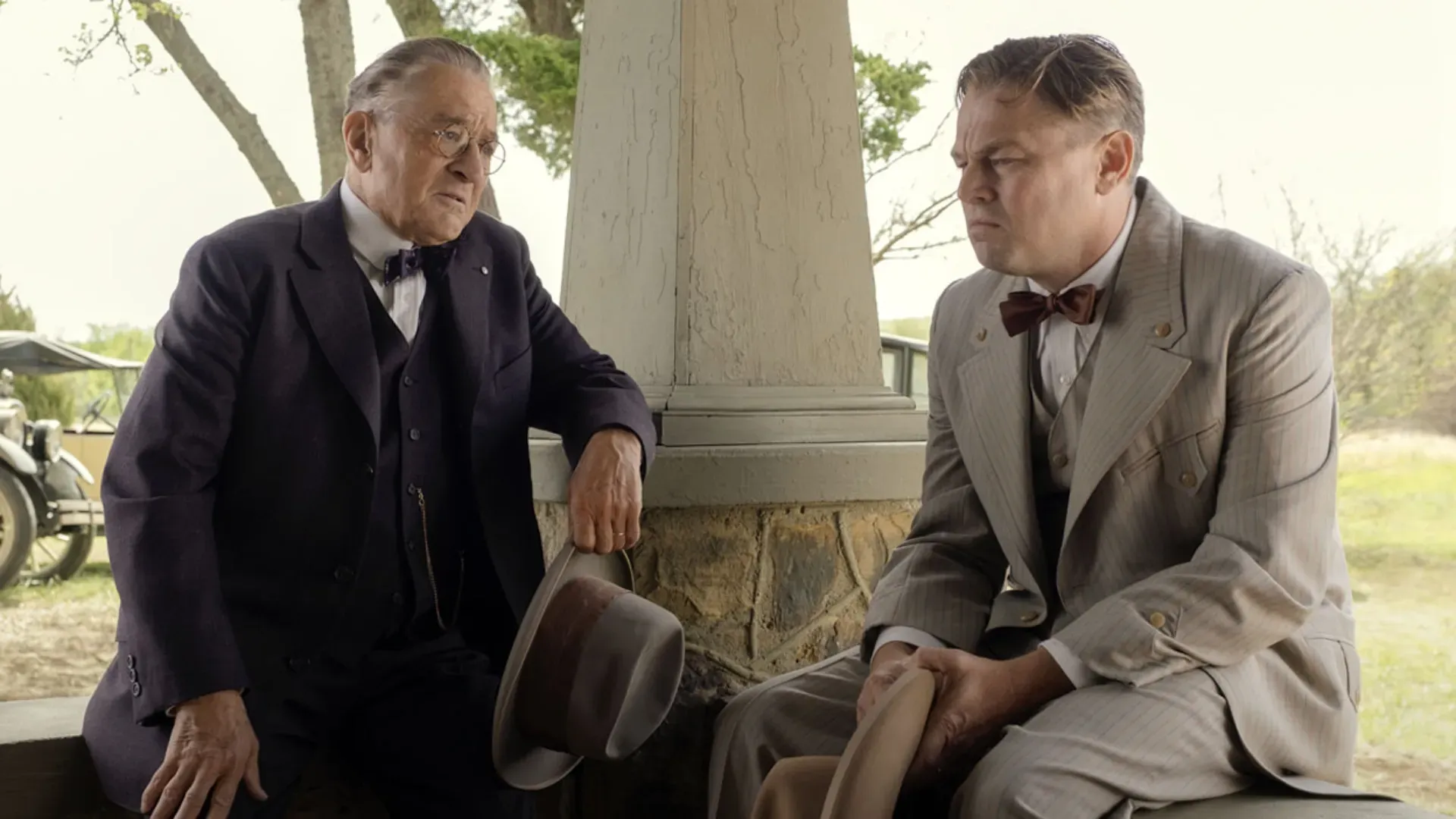
(Source: IMDb)
In this late-career collaboration with Scorsese, DiCaprio chose a role of quiet, horrifying complicity. Ernest Burkhart is not a towering villain, but a morally spineless man whose greed makes him an accessory to murder, betraying the woman he ostensibly loves.
It is a performance defined by a disturbing, weak-willed obedience and a haunting lack of conscience. By willingly taking on a character so thoroughly devoid of heroic qualities, DiCaprio demonstrated an uncompromising commitment to depicting the banality and tragedy of systemic evil, prioritizing challenging drama over audience sympathy.
Rick Dalton in Once Upon a Time in Hollywood (2019)
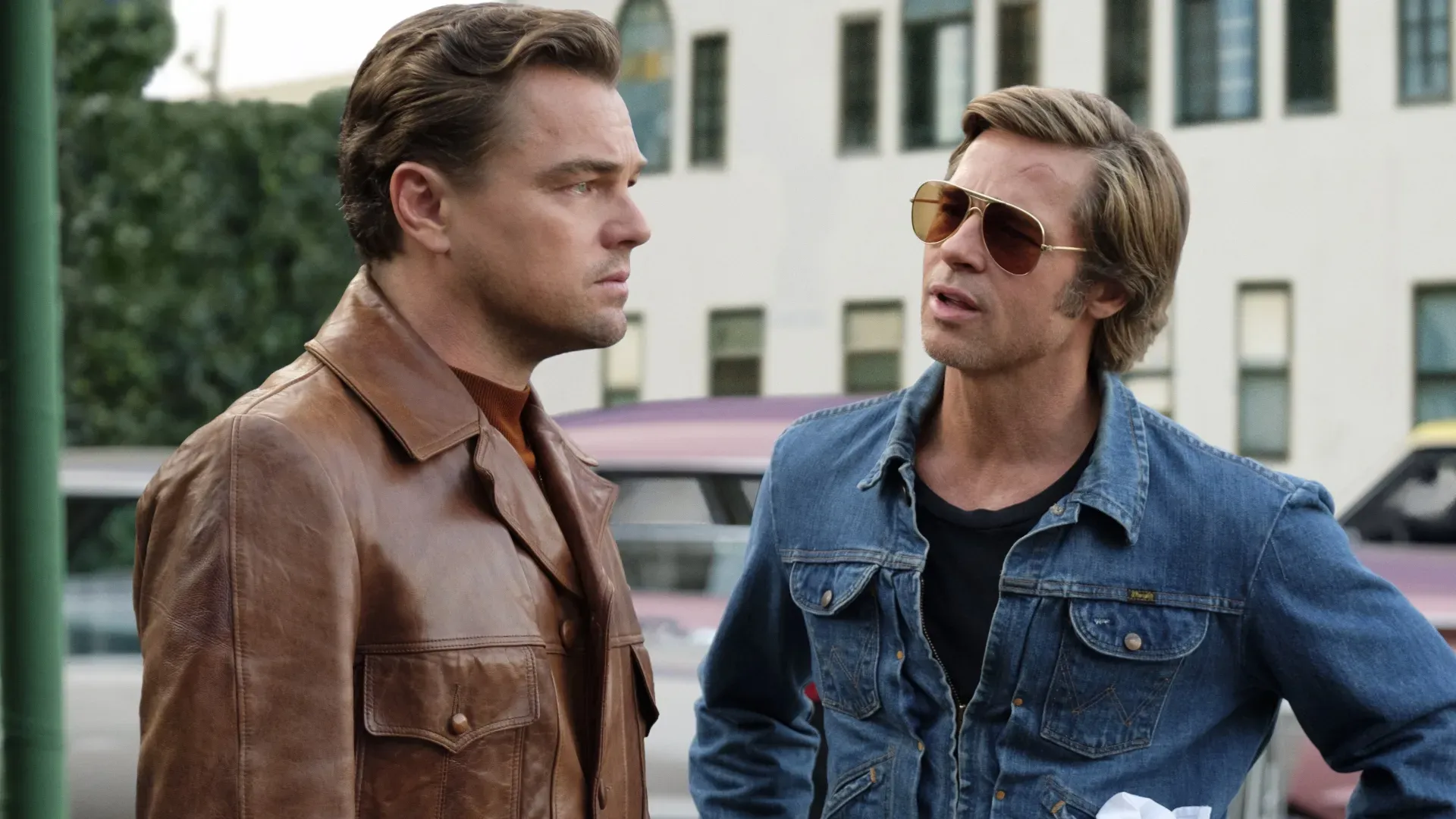
(Source: IMDb)
As the fading television star Rick Dalton, DiCaprio masterfully navigated the anxious, fragile ego of a man whose livelihood and identity are perpetually in question. This performance is an intimate portrait of professional anxiety, where the dramatic battle is fought in the quiet terror of self-doubt.
He balanced moments of profound, relatable vulnerability—like his tearful breakdown in the trailer—with explosions of over-the-top, cathartic acting. It is a nuanced, deeply felt piece of work that perfectly captures the wistful melancholy and sudden, wild heroism of a man wrestling with the anxiety of being left behind.
Arnie Grape in What’s Eating Gilbert Grape (1993)

(Source: IMDb)
Even in his teenage years, DiCaprio’s commitment to his dramatic craft was startlingly evident as Arnie Grape. Portraying a teenager with a severe mental disability, he achieved a level of unselfconscious, raw authenticity that immediately garnered his first Academy Award nomination.
Arnie is a character of pure, unfiltered spirit and chaotic energy, and DiCaprio inhabited the role with a total physical abandonment, demonstrating a rare fearlessness. This performance was the actor’s initial gauntlet thrown down, announcing that his career would be built on challenging roles that demanded more than superficial charm.
Teddy Daniels in Shutter Island (2010)

(Source: IMDb)
This psychological thriller sees DiCaprio navigate the terrifying, unstable landscape of the mind as U.S. Marshal Teddy Daniels. Set within a claustrophobic asylum for the criminally insane, the performance is a slow, methodical descent into paranoia, where the true battle is waged entirely within the character’s psyche.
DiCaprio excels at conveying the escalating doubt and the raw, desperate confusion of a man who cannot trust his own senses, culminating in a devastating final act. It is a masterful study of trauma, denial, and the mind’s capacity to construct elaborate fictions to cope with unbearable truth.
Danny Archer in Blood Diamond (2006)

(Source: IMDb)
In the scorching landscape of Sierra Leone, DiCaprio transformed into Danny Archer, a Rhodesian mercenary and smuggler whose life is governed by cynicism and greed. This was a profoundly physical and vocal transformation, demanding a compelling foreign accent and a performance riddled with the complexities of a man both ruthless and surprisingly redeemable.
Archer’s journey is a violent struggle against his own inherent immorality, a painful, agonizing battle for ethical salvation played out against the backdrop of civil war and exploitation. His portrayal earned him an Oscar nomination, solidifying his stature as a powerhouse capable of handling heavy, contemporary global drama.
Amsterdam Vallon in Gangs of New York (2002)

(Source: IMDb)
Under the gritty, historical lens of Martin Scorsese, DiCaprio tackled the savage, chaotic birth of modern American crime as Amsterdam Vallon. His character is driven by a singular, chilling purpose: the calculated, patient revenge against the man who murdered his father.
This role required a dramatic hardening, replacing the youthful vulnerability of his earlier work with a cold, simmering intensity born of the Five Points streets. He portrays a man living a life perpetually on the blade’s edge, using silence and observation as his primary weapons, marking a crucial step in his transition from leading man to an actor committed to historical intensity and moral ambiguity.
Jack Dawson in Titanic (1997)

(Source: IMDb)
The cultural behemoth that made him a global phenomenon almost obscures the genuinely grounded drama at its heart. As Jack Dawson, DiCaprio was the immediate, vital soul of the narrative, injecting an effortless sincerity into the role of a charming vagabond who wins the affection of a high-society captive.
His performance was a subtle masterclass in screen presence, demonstrating his unique ability to command the vast canvas of James Cameron’s epic while embodying the universal theme of class struggle and destiny. Jack’s final, selfless sacrifice remains one of cinema’s most resonant dramatic conclusions, proving that his early superstardom was rooted in raw, undeniable talent, not just looks.
Billy Costigan in The Departed (2006)

(Source: IMDb)
The psychological torment of the undercover operative finds its rawest expression in Billy Costigan, a state trooper plunged into the suffocating claustrophobia of the Boston mob. DiCaprio portrays a man whose identity is being rapidly and violently fractured by the constant demand for deception.
His intensity here is palpable, a nervous twitch and a coiled tension that speaks to the profound, existential exhaustion of living a lie without any outlet. The performance is a chilling exploration of a man driven to the brink by the ultimate, unsolvable conflict: loyalty to his mission versus the preservation of his own sanity.
Bob Ferguson in One Battle After Another (2025)
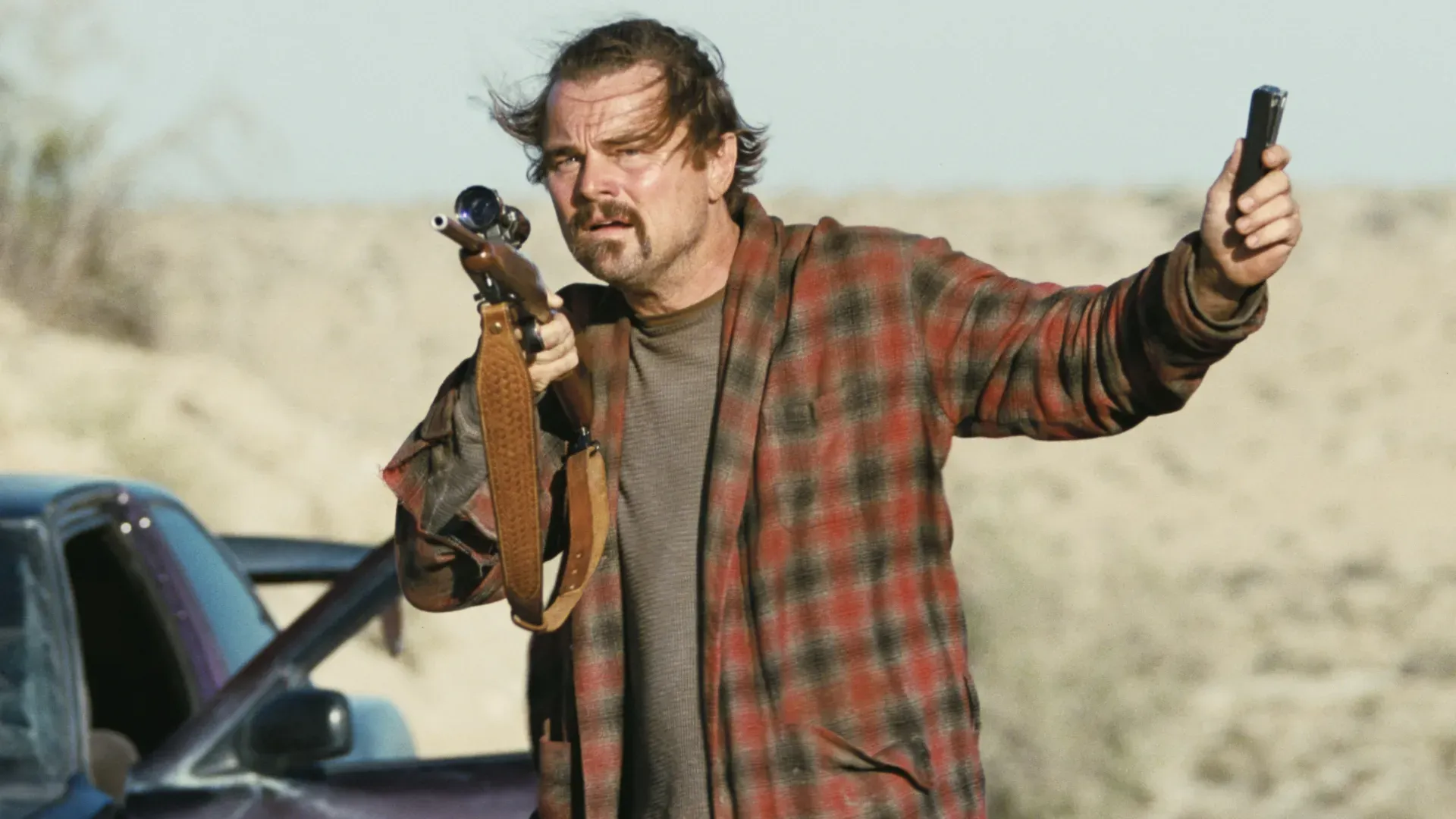
(Source: IMDb)
In Paul Thomas Anderson’s action-thriller One Battle After Another, DiCaprio plays Bob Ferguson, a former revolutionary turned haunted father whose daughter disappears after an old nemesis resurfaces.
Bob is defined by paranoia, guilt, and his fractured idealism—a man caught between radical past and desperate present. DiCaprio’s performance channels both the physical toll of a life on edge and the quiet devastation of a parent pushed to his limits, elevating this role into one of the most morally complex chapters of his career.
